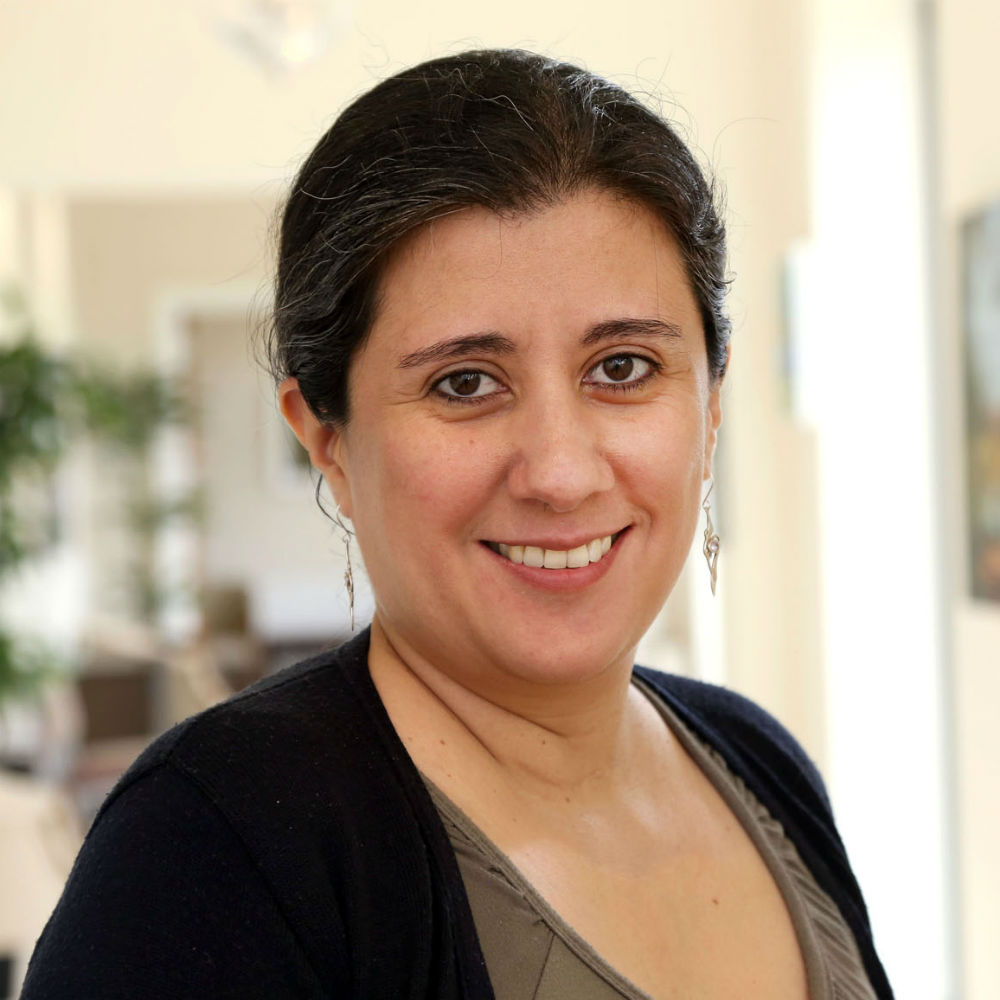Project overview
The project is focused on the use of sedition laws (whether called such or not) to prosecute and silence lawyers and human rights defenders. We know that such legislation is used for those purposes, especially in South Asia and some African countries, for example, in East Africa. Many of these countries, including India, the Philippines, and Malaysia have sedition laws that date back to the colonial era. However, such laws are still in force and often applied in practice, also in a technologically changed environment, e.g. to regulate the use of social media. In December 2018, the Law Society organised a seminar on the use of legal means for illegitimate ends, including the use of sedition laws to prosecute members of the legal profession. A lawyer from Malaysia, who had been charged under the sedition law and was later acquitted, was one of the speakers.
The proposed project focuses primarily on South Asia. However, if preliminary research shows that other jurisdictions should also be investigated, e.g. East African countries, the academic supervisor at Essex university and the Law Society can discuss whether it would be appropriate and feasible to expand the project to include such jurisdictions.
The project will primarily have a legal focus; the aim is to research applicable law and case-law. To the extent that legislation is not available in English, the Law Society intends to facilitate contact between Essex University and local lawyers who may assist in providing information on legislation or summary translations. Part of the research may also include an estimation of the prevalence of sedition laws; how widely these laws are used to convict lawyers or human rights defenders; and examples of specific cases and their circumstances. The project will result in a report to the Law Society, that would: analyse applicable law and case law; include an assessment of the correspondence of these with international human rights norms; and include conclusions and recommendations.
Some preliminary research has been carried out by a group of volunteers that assists the Law Society with its International Rule of Law programmes, which will be made available to the Human Rights Centre Clinic. The contribution of these volunteers, as well as of the students and staff who work on this project will be duly acknowledged in the final report and the Human Rights Centre Clinic will receive a number of copies thereof (to be determined) for dissemination. Where possible, the Law Society will endeavour to invite students and staff of the University of Essex who have worked on the project to events and advocacy opportunities organised by the Law Society, if they relate to the project, as well as to a launch event of the project output (see below).
Project Output
The aim is to turn the final report, or an edited version of it, into a booklet. Such a publication can be distributed at different events e.g. at side events at the United Nations in Geneva and international conferences of law societies such as the IBA, ABA, and CLA conferences. It can also be used for advocacy purposes in meetings with NGOs, international organisations, and other bodies.
)





